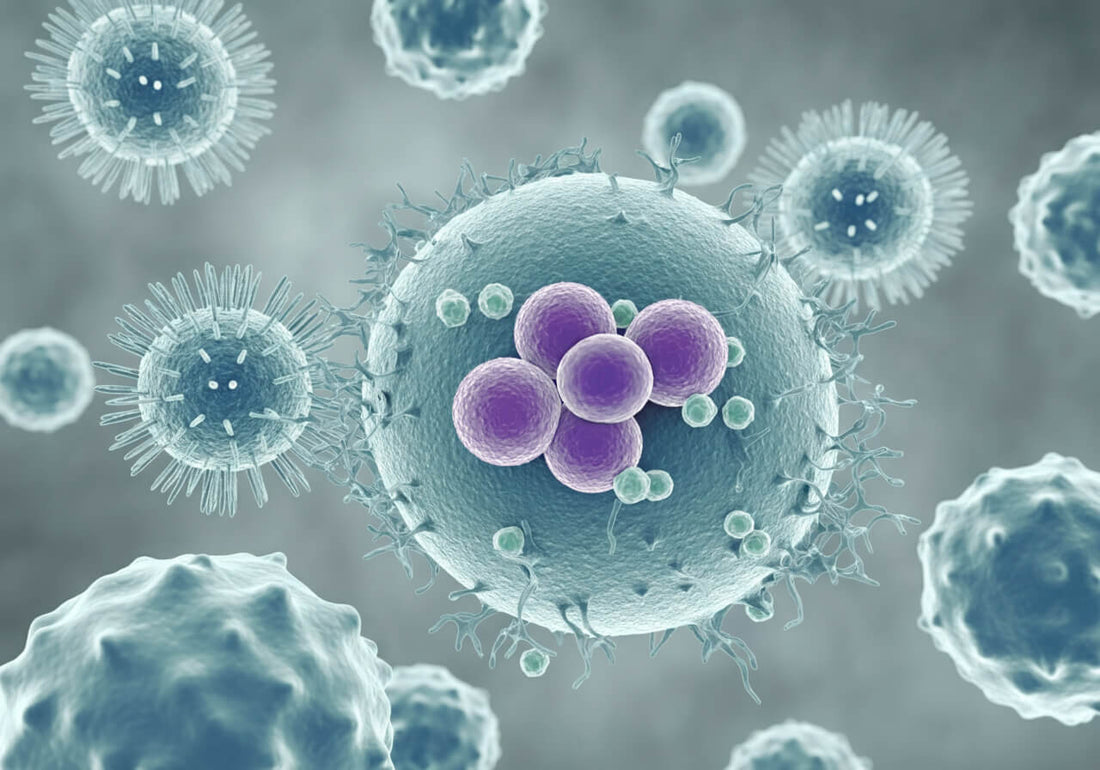What Are Leukocytes in Urine? Understanding Their Significance
 Written By
Yusela Aquino
Written By
Yusela Aquino

Leukocytes, commonly known as white blood cells, are essential defenders of your immune system. They act as your body’s first line of defense against infection, inflammation, and injury. Normally, leukocytes are found in your blood and tissues—but when they show up in your urine, it raises questions about what might be happening inside your body.
Finding leukocytes in urine, a condition called **pyuria**, is often a sign of an immune response to infection or irritation in the urinary tract. But what does their presence actually mean, and when should you be concerned? Let’s explore this important topic in depth.
What Exactly Are Leukocytes?
Leukocytes are specialized cells that protect your body from harmful invaders, such as bacteria, viruses, and fungi. These cells are produced in the bone marrow and are present in the bloodstream and lymphatic system, constantly patrolling for threats. There are several types of leukocytes, each with a specific role:
- Neutrophils: The most common type, responsible for attacking and digesting bacteria.
- Lymphocytes: Key players in recognizing and neutralizing specific pathogens.
- Monocytes: Cells that remove debris and destroy pathogens.
- Eosinophils and Basophils: Primarily involved in allergic reactions and responses to parasites.
When leukocytes appear in urine, it usually indicates that the immune system has been activated within the urinary tract.
How Do Leukocytes End Up in Urine?
White blood cells typically don’t enter the urinary system unless there’s a reason for them to be there. Here’s how they can make their way into urine:
- Infection: Bacterial or viral infections can irritate the urinary tract, prompting an immune response and the presence of leukocytes in urine.
- Inflammation: Non-infectious causes, such as autoimmune conditions or chemical irritants, can also trigger an influx of white blood cells.
- Trauma or Irritation: Physical damage to the urinary tract can cause white blood cells to leak into urine.
The presence of leukocytes is usually detected through a **urinalysis**, a simple and non-invasive test that examines the chemical and microscopic properties of urine.
What Does It Mean to Have Leukocytes in Urine?
The presence of leukocytes in urine is not a disease itself—it’s a symptom or sign that something is affecting the urinary system. Depending on the underlying cause, it may or may not be serious. Some common interpretations include:
1. A Sign of Infection
The most common reason for leukocytes in urine is a urinary tract infection (UTI). UTIs occur when bacteria, such as Escherichia coli, enter the urinary system, causing irritation and inflammation. In these cases, leukocytes are the body’s defense mechanism at work.
2. Inflammation Without Infection
Conditions like **interstitial cystitis** or kidney irritation can cause leukocytes to appear in urine even when no infection is present. This is known as **sterile pyuria** and may require further investigation to determine the cause.
3. Contamination
Sometimes, leukocytes in urine are not from the urinary system at all. Vaginal discharge, skin cells, or improper sample collection can introduce leukocytes into a urine sample, leading to a false-positive result.

When Should You Be Concerned?
Leukocytes in urine are not always a cause for alarm, but there are situations where they warrant medical attention:
- Accompanying Symptoms: If you experience pain, fever, back pain, or changes in urination, consult a healthcare provider.
- Persistent Findings: If leukocytes are consistently present in your urine, further testing may be needed to identify underlying causes.
- Other Abnormal Results: When leukocytes are found alongside blood, protein, or nitrates in urine, it could point to a more serious condition like kidney infection or disease.
How Ribbon Checkup Can Help
Regular monitoring of your urinary health is key to catching potential issues early. Ribbon Checkup’s at-home testing kits make it easy to keep track of your health in the comfort of your home. With quick and reliable results, you can take proactive steps toward better urinary health.
Sources

Yusela is a medical student with a degree in Biology and a strong foundation in health communication. With experience in both research and clinical settings, she writes clear, evidence-informed content to help patients and caregivers better understand liver health, chronic disease, and transplant care.



